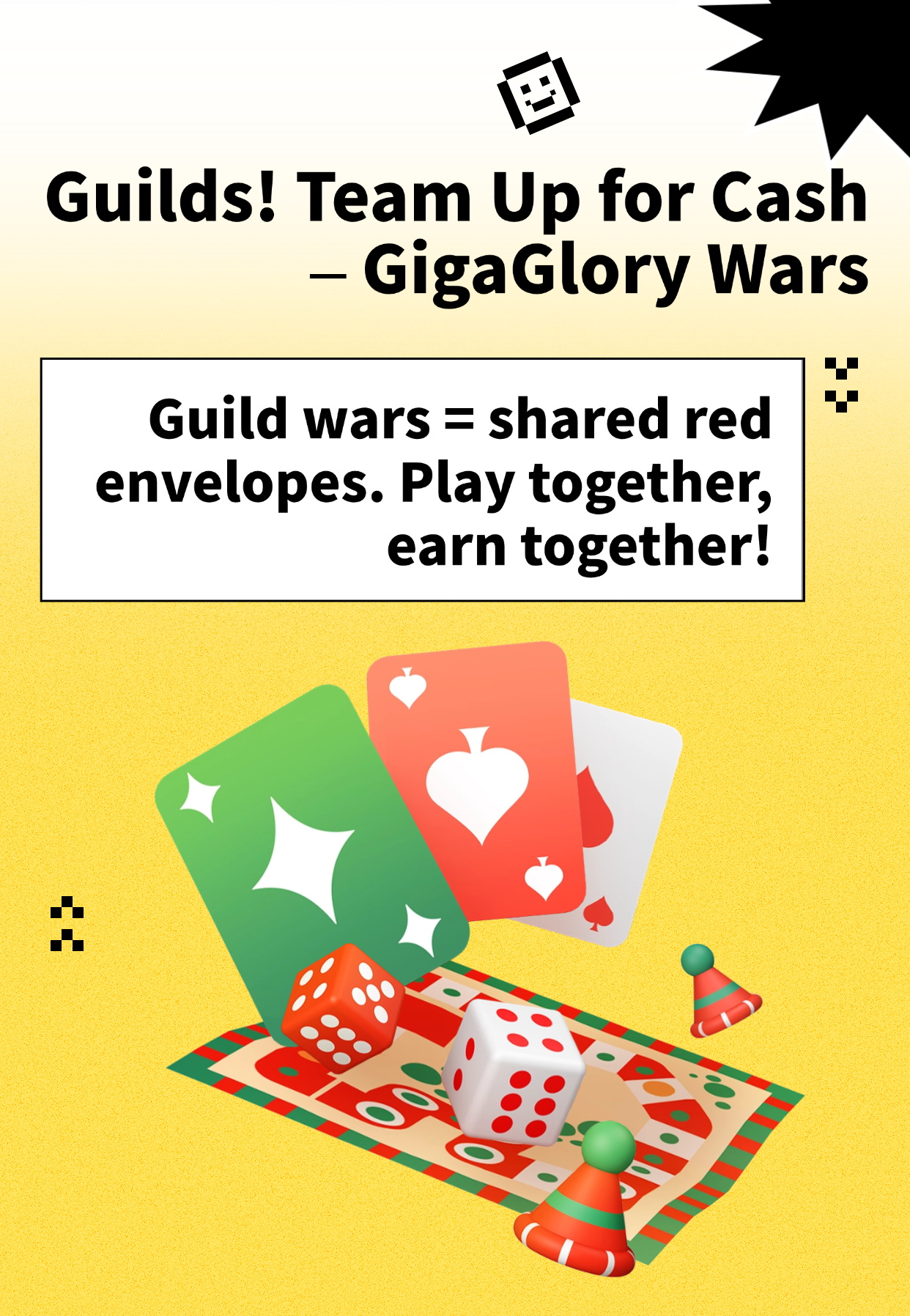Why Indie Games Are Shaping the Future of Game Development
The gaming landscape is rapidly evolving, and indie games have taken center stage in this transformation. With unique storytelling, innovative mechanics, and often a more personal touch, indie games are not just a trend; they’re reshaping the very essence of game design and development. In this article, we’ll explore how these smaller studios are challenging traditional gaming models and paving the way for the future.
The Rise of Indie Games
In recent years, the indie game scene has exploded, fueled by accessible development tools and platforms like Steam, itch.io, and consoles that welcome smaller developers. This democratization of game development empowers creative minds who may not have the backing of major publishers.
- Creative Freedom: Unlike large studios, indie developers can take risks without worrying about profit margins.
- Unique Narratives: Indie games often focus on storytelling that resonates on a personal level.
- Community Engagement: Most indie games thrive on community feedback and involvement, leading to more tailored experiences.
Game Mechanics Innovations
Indie developers are known for pushing boundaries with game mechanics. Titles like "Celeste" and "Hollow Knight" have introduced innovative approaches that even major studios are beginning to adopt.
| Game Title | Mechanics Innovation |
|---|---|
| Celeste | Precision platforming with a unique narrative |
| Hollow Knight | Deep exploration with Metroidvania elements |
| Undertale | Unique combat system influenced by player choices |
Challenging Traditional Models
Many indie games are blissfully unaware of established trends in the gaming world. Take "Stardew Valley" for instance, which taps into farming simulation but adds layers of narrative and RPG elements that keep players coming back. This challenges the idea that games need large budgets and massive marketing campaigns to succeed.
The Clash of Styles: Indie vs. AAA
The competition between indie and AAA games isn’t just about graphics or marketing strategies; it’s also about player experience. Players are increasingly drawn to indie games that offer unique twists on gameplay, emotional depth, and community integration.
What's Next? New RPG Games Coming Out
As indie developers continue to experiment, we're seeing a wave of new RPG titles that promise to bring fresh perspectives to genre conventions. For instance:
- "Hades II": Following its predecessor’s success, this roguelike will explore new narrative avenues.
- "Project Zomboid": An open-world survival game that’s still in development but shows great promise.
- "Tiny RPG": A new game coming out that emphasizes player choice and consequential gameplay.
Strategies in Game Development: Lessons from Clash of Clans
Although "Clash of Clans" is a different genre, the strategic mechanics can be insightful for indie developers. The game’s success lies in its troop strategy, which emphasizes planning, timing, and community involvement. These elements can be adapted for indie games, paving the way for innovative multiplayer experiences.
Conclusion
Indie games are not just a niche within the gaming world; they are at the forefront of innovation and creativity. Their ability to challenge traditional game development models, combined with their emphasis on unique storytelling and player engagement, ensures that they will continue to shape the future of the industry. As we eagerly await new titles and innovations, it’s clear that indie developers are crafting experiences that resonate deeply with players. Keep an eye on this vibrant community—it’s sure to deliver unforgettable gaming moments.



